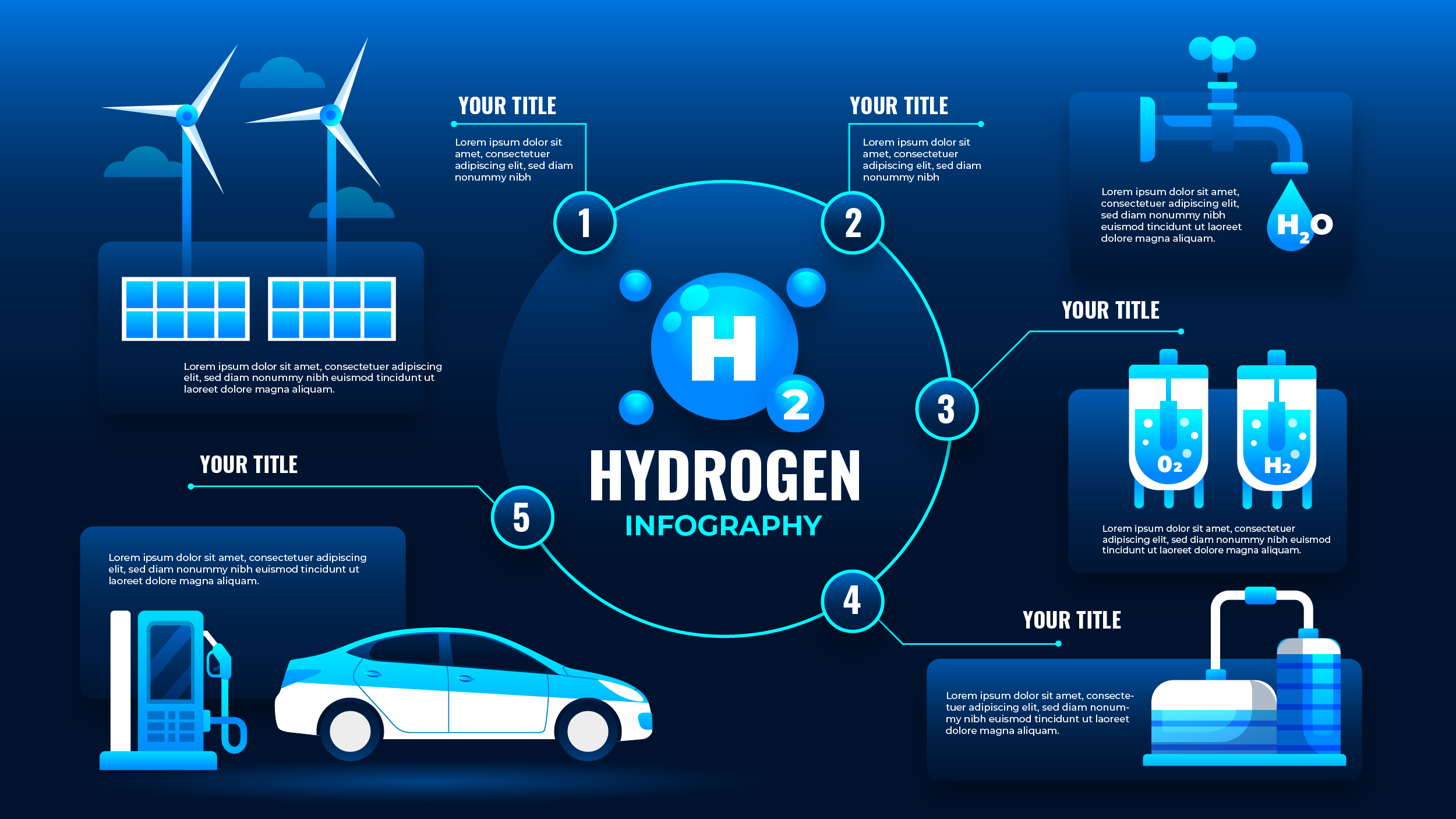Boosting Türkiye's Energy Transition: How Blue Finance Pioneers A Sustainable Future
Türkiye is at a critical juncture in its energy transition journey, with the country facing a complex mix of challenges and opportunities in its quest for a more sustainable and environmentally-friendly energy mix. The country's energy landscape is characterized by a significant reliance on fossil fuels, which not only contributes to greenhouse gas emissions but also poses risks to the environment and human health. However, with the support of innovative financial solutions, Türkiye has the potential to transform its energy sector and create a more sustainable future.
The government of Türkiye has set ambitious targets to reduce the country's carbon footprint and increase the share of renewable energy in the energy mix. These targets are in line with the country's commitment to the Paris Agreement and the European Union's climate and energy goals. To achieve these targets, the government has implemented various policies and incentives to promote the development and deployment of renewable energy technologies, such as solar and wind power.
One of the key players in Türkiye's energy transition is the Blue Finance initiative, which is a global alliance of financial institutions, governments, and civil society organizations committed to supporting the development of sustainable energy in developing countries. The Blue Finance initiative has been instrumental in mobilizing private sector funding for renewable energy projects in Türkiye, providing critical financing for the development of large-scale solar and wind farms.
Boosting Türkiye's energy transition will require significant investments in infrastructure, technology, and human capital. The government has identified key sectors that require attention, including the wind, solar, and hydropower sectors, as well as the transmission and distribution infrastructure that supports these technologies. To support these investments, the government has established various programs and initiatives, such as the Turkish Renewable Energy Agency (TMEA), which provides financing and technical support for renewable energy projects.
Case Studies: Success Stories in Türkiye's Energy Transition
Turkey's Renewable Energy Sector: A Story of Rapid Growth
The renewable energy sector in Türkiye has experienced rapid growth in recent years, driven by government support and declining costs. The country's solar sector, in particular, has seen significant growth, with the number of solar power plants increasing from just a few hundred in 2010 to over 2,000 today. The solar sector has become one of the fastest-growing sectors in the Turkish economy, with the sector's revenue increasing by over 50% in 2020 alone.
Hydropower: A Clean and Reliable Source of Energy
Hydropower is another key sector in Türkiye's energy transition, with the country having a long history of hydroelectric power generation. The hydropower sector provides a clean and reliable source of energy, with the sector accounting for over 70% of the country's electricity generation. The Turkish State Hydraulic Works (THY), which is responsible for managing the country's hydropower resources, has invested heavily in modernizing the sector's infrastructure and increasing its capacity.
Wind Energy: A Growing contributor to Türkiye's Energy Mix
Wind energy is also becoming an increasingly important contributor to Türkiye's energy mix, with the sector's capacity increasing by over 50% in 2020. The wind sector has been supported by government incentives and tax breaks, which have helped to reduce the cost of wind energy and make it more competitive with fossil fuels. The Turkish Wind Energy Association (TWEA) has also played a key role in promoting the sector, providing training and support for wind energy professionals.
Challenges and Opportunities in Türkiye's Energy Transition
Barriers to Entry: Challenges Faced by New Players in the Energy Sector
The energy sector in Türkiye is characterized by a number of barriers to entry, which can make it difficult for new players to enter the market. These barriers include high upfront costs, complex regulatory frameworks, and limited access to financing. To address these challenges, the government has implemented various initiatives, such as the "One-Stop Shop" concept, which provides a single point of contact for investors and facilitates the process of setting up a new business.
Opportunities for Collaboration: The Role of Private Sector and Civil Society
The energy sector in Türkiye also presents opportunities for collaboration between the public and private sectors, as well as between different stakeholders. The government has established various initiatives, such as the "Energy and Environment Partnership Platform" (EEP Platform), which brings together private sector companies, civil society organizations, and government agencies to promote sustainable energy development.
The Importance of Capacity Building: Developing the Skills and Knowledge of the Energy Sector Workforce
Capacity building is also critical to Türkiye's energy transition, as the country needs to develop the skills and knowledge of its energy sector workforce to meet the demands of a rapidly changing energy landscape. The government has established various programs and initiatives, such as the Turkish Energy and Natural Resources University (TEVDP), which provides training and education for energy sector professionals.
Policy and Regulatory Framework
The Role of Regulations in Promoting Sustainable Energy Development
Regulations play a critical role in promoting sustainable energy development in Türkiye. The government has established various regulations and policies, such as the Renewable Energy Law, which provides a framework for the development and deployment of renewable energy technologies. The law sets targets for the share of renewable energy in the energy mix and provides incentives for developers to invest in renewable energy projects.
Incentives for Sustainable Energy Development
The government has also established various incentives to promote sustainable energy development, such as tax breaks and subsidies for renewable energy projects. The incentives are designed to reduce the cost of renewable energy and make it more competitive with fossil fuels.
The Importance of Public-Private Partnerships
Public-private partnerships (PPPs) are also critical to Türkiye's energy transition, as they provide a way for the government to partner with private sector companies to deliver large-scale energy projects. The government has established various PPP programs, such as the Public-Private Partnership Authority (PPPA), which provides a framework for PPP projects.
Conclusion
Boosting
Matthew Gray Gubler Partner
Yumieto
How Muchoesabrina Carpenter Weigh
Article Recommendations
- Debby Clarke Belichick
- Ari Kytsya
- Lyra Crow Fans
- Jocelyn Wildenstein
- Money6x Make Money Online
- Truman Hanks
- King Vonead Body
- Hilary Crowder
- Vanessa Bryant Weight Loss
- Alisha Newton



